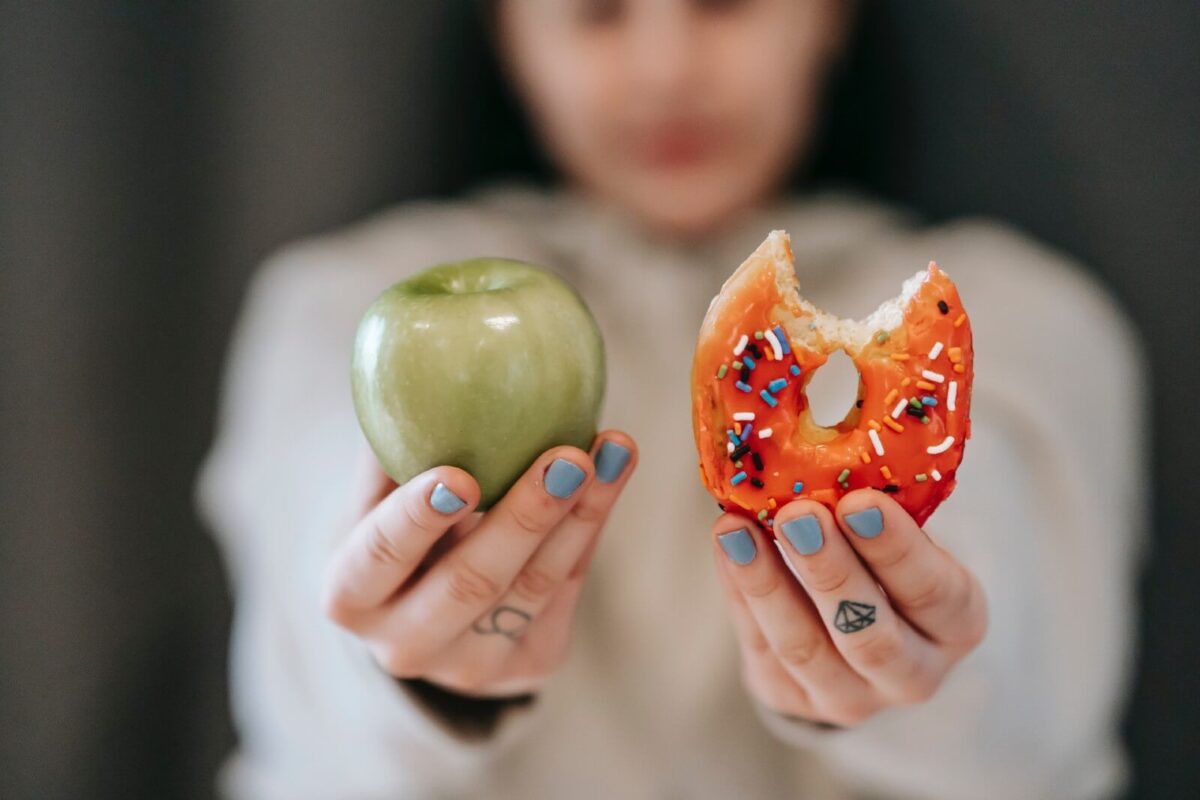What is Body Mass Index (BMI)?
There are several different ways to determine whether or not your weight is healthy. One of the most commonly used methods to determine if your weight is healthy is measuring your body mass index, which is more commonly known as BMI.
BMI is used to measure body fat based on an adult’s height and weight.
Note: The US Centers for Disease Control and Prevention (CDC) defines an adult as over the age of 20. There is a separate body mass index designed for children and teenagers aged 2 to 19, which takes their developing bodies into consideration. This blog will focus on answering frequently asked questions about body mass index for adults.
How is BMI Calculated?
A BMI is calculated by taking a person’s weight (in kilograms) divided by the square of their height (in meters).
Since most Americans don’t use the metric system when weighing in (or just about anything else), you can still use the same formula using pounds and inches squared in place of kilograms and meters.
Once you have that number, multiply it by 703 for your BMI percentage.
BMI Calculator
Better yet, you can skip the math by entering your height and weight into the BMI calculator below:
What BMI Categories Are There?
Once you’ve calculated your BMI, you’ll find yourself in one of the following categories:
- Less than 18.5: Underweight range
- 18.5 to 24.9: Healthy weight range
- 25.0 to 29.9: Overweight range
- 30.0 and higher: Obese range
Can BMI Tell Me How Much Weight to Lose?
The BMI itself will not give you a weight loss goal to reach and maintain, but you can use the Body Mass Index Tables at the NIH website to calculate how much weight you need to lose in order to achieve a healthy/normal BMI range.
Find your height (in inches) on the left side of the table. At the top of the table, you’ll see BMI numbers. Match your height with a BMI between 19 to 24, and subtract that number from your current weight to calculate the difference and see how much weight you need to lose.
Struggling to shed those stubborn pounds? Sign up to get my 5 Weight Loss Tips and 5-day email course, free.
What is the Average BMI in the US?
According to a 2018 CDC National Health Statistics Report, the average BMI for American women over the age of 20 is 29.6, and 29.1 for American men in the same age group.
The BMI would consider the average American as overweight, and as trends from previous studies indicate, it is likely the average American will be defined as obese.
Is BMI Different for Men and Women?
Although CDC reports divide populations by sex, BMI does not differentiate between men and women. BMI uses the same calculation method and categorization method regardless of one’s gender.
This means questions like “What is a good BMI for women?” or “What is a good BMI for men?” have the same answer: a BMI range between 18.5 to 24.9.
Still, biological differences between men and women can be relevant when evaluating body weight with BMI. For example, women tend to be shorter and have a higher percentage of fat compared to men, and as a result, the number calculated tends to be higher for women.
How Accurate is BMI?
While BMI is a reliable indicator of body weight conditions, it is not perfect.
The BMI is intended to measure body fat and does not take factors like muscle mass or bone density into account.
Muscle weighs more than fat, so people who have more muscle mass will weigh more on a BMI because it uses your total body weight and height in its calculation.
Since the BMI does not consider other important factors and variables, it is limited to some degree and should be taken with a grain of salt.
Is Knowing My BMI Important for Weight Loss?
It’s useful knowledge to have, but it’s not the only important piece of information available to you when it comes to weight loss.
As discussed earlier, a BMI only estimates body fat — not muscle mass, water weight, or bone density. Determining the percentage of these components is key to building a successful weight loss program for patients.
It may also help to have an understanding of your family’s medical history. Obesity can be caused in part by genetics and various other risk factors and health problems you may or may not be aware of.
Lifelong Metabolic Center’s weight loss program takes this information into account. We go beyond the BMI — we use body composition, DNA testing, and other methods to determine the best way to help you lose weight more efficiently and effectively and keep the pounds off for good.
Lifelong Metabolic Center’s Weight Loss Program Goes Beyond the BMI
While the BMI is one piece of information that is used at Lifelong Metabolic Center, we use others as well. We look at the percentage of your weight that is fat versus muscle versus water.
We also include DNA testing as part of our weight maintenance program. This can give us some insight as to which foods are best for your diet and what amounts of exercise and physical activity may work best for you. We’ll implement body composition and genetic information into your individualized weight loss and weight maintenance program to help you lose that unwanted weight for life!
With a high level of support and attention to detail, it’s no wonder people are changing their lives with Lifelong Metabolic Weight Center.
For more information or to start your weight loss journey, contact Lifelong Metabolic Center today.












